Education Minister Raises Concerns of Possible Conspiracy Behind Organized Blockades
Students from various public universities, including Dhaka University, have initiated blockades at Shahbagh intersection, several city roads, and major highways as part of their "Bangla Blockade" protest against the reinstatement of quotas in government jobs.
Protests at Dhaka University
Students from Dhaka University began gathering at the central library around 3:20 pm, and marched through campus roads to Shahbagh intersection via TSC. During the blockade, they sang patriotic songs, chanted anti-quota slogans, and played football on the road. They pushed past police barricades, taking over the area up to the Hotel Intercontinental intersection, and also positioned themselves near Rajasik Bhaskarjya, Paribag, and Hotel Intercontinental. Traffic from Shahbagh to Karwan Bazar intersection was halted.
Additional Blockades
- Dhaka College students blocked the Science Lab intersection at 1:40 pm.
- Eden College students took over Nilkhet intersection around 3:00 pm.
- Jahangirnagar University (JU) students blocked the Dhaka-Aricha highway for two hours, from 11 am to 1 pm, boycotting classes and exams.
- Cumilla University students blocked the Dhaka-Chattogram highway around 4:00 pm, demanding the abolition of the quota system and playing football on the road.
- In Barishal, students blocked several roads wearing shrouds despite intermittent rain. They disrupted traffic on the Barishal-Kuakata-Dhaka highway.
Reactions and Responses
Prime Minister Sheikh Hasina has urged students to end their protest and return to their studies. In response, Sargis Alam, a coordinator of the movement, said they would study and protest simultaneously. Awami League General Secretary Obaidul Quader mentioned that the government is analyzing the situation and is in touch with the teachers, promising a timely solution.
Protesters' Demands
Students demand the abolition of the quota system and the reinstatement of the 2018 circular that abolished the quota. They argue that the quota system discriminates against merit-based employment, and their movement is supported by descendants of freedom fighters.
Historical Context and Expert Opinions
The quota for freedom fighters has been controversial due to insufficient candidates meeting the quota. From 1982 to 1990, only 7% of the quota was met against a 30% allocation. The issue was further complicated in 1997 when the government extended the freedom fighters' quota to include their descendants. Students are now calling for a merit-based system to replace the quota.
Experts argue that the quota is meant for underprivileged populations and should not exceed merit-based provisions. Former PSC chairman Sadat Hossain and former bureaucrat AMM Shawkat Ali have both recommended reducing the quota for freedom fighters to ensure fair recruitment practices.



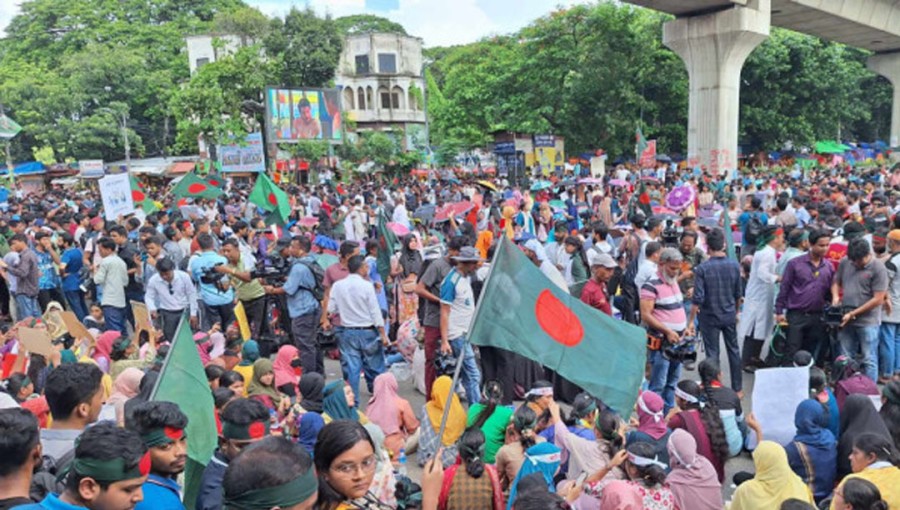
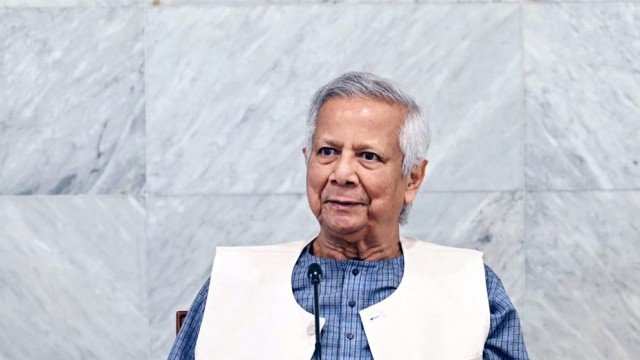
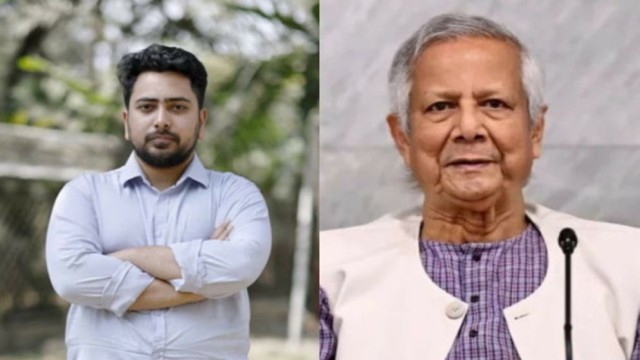
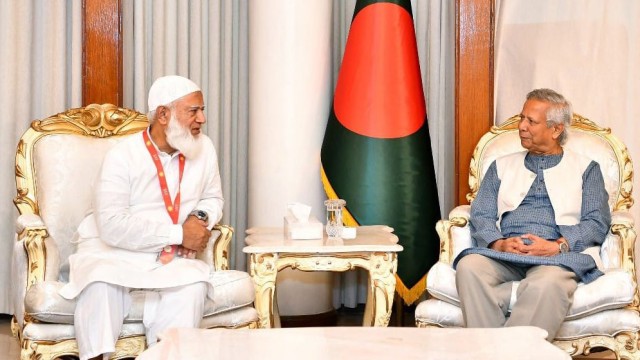
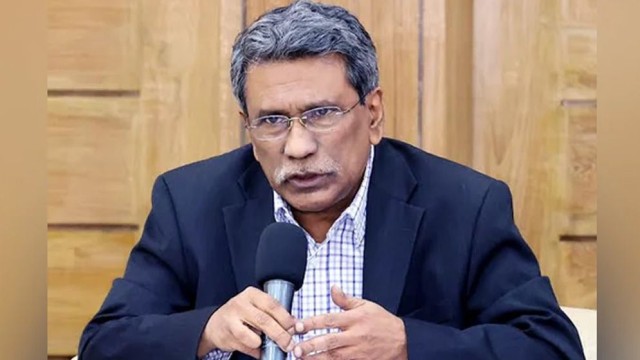
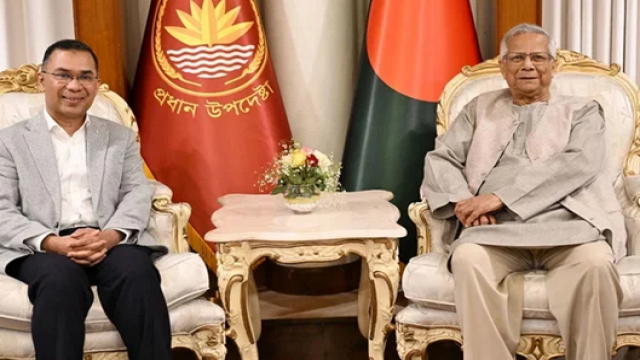
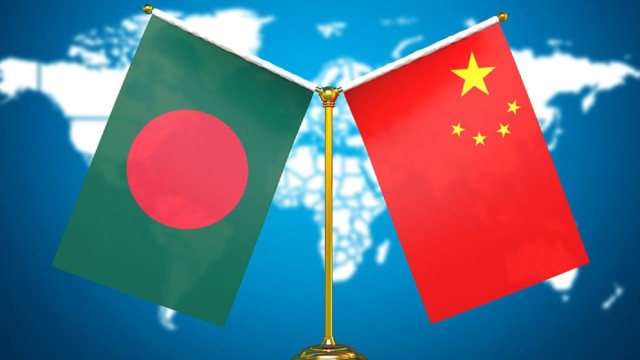
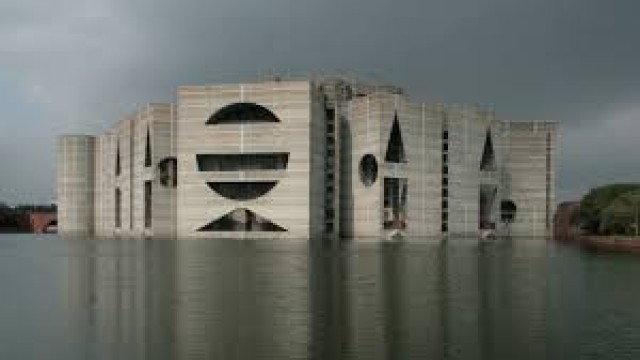
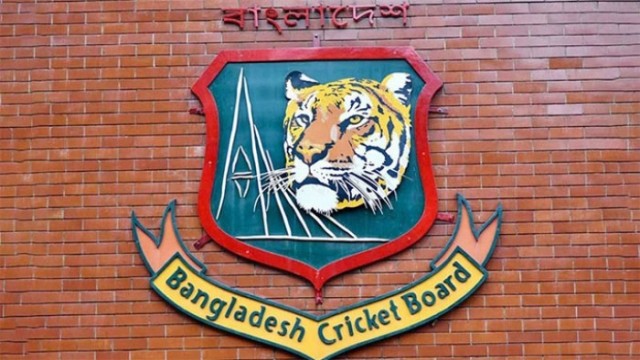
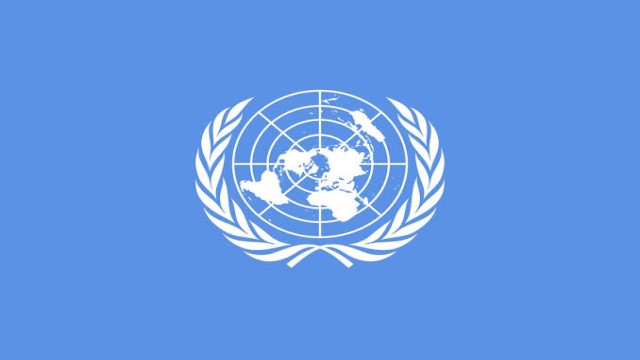

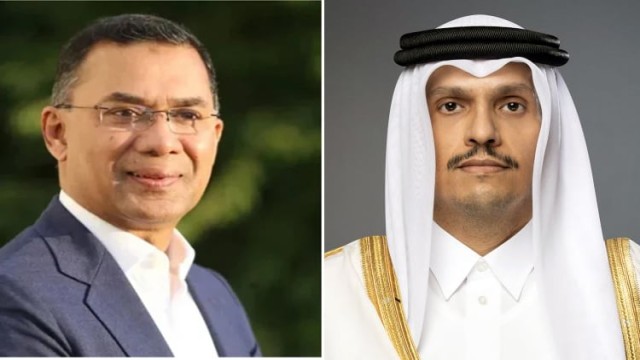
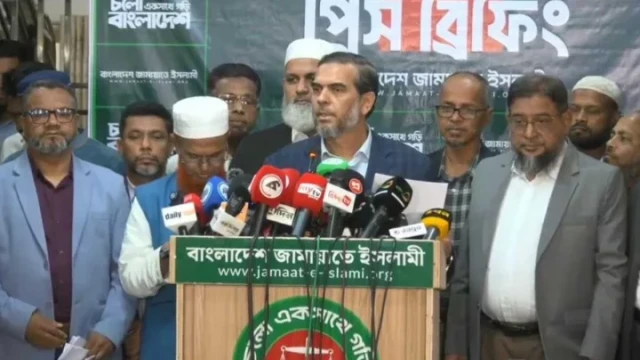
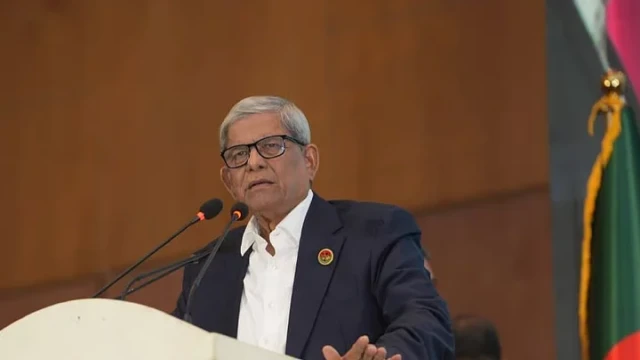

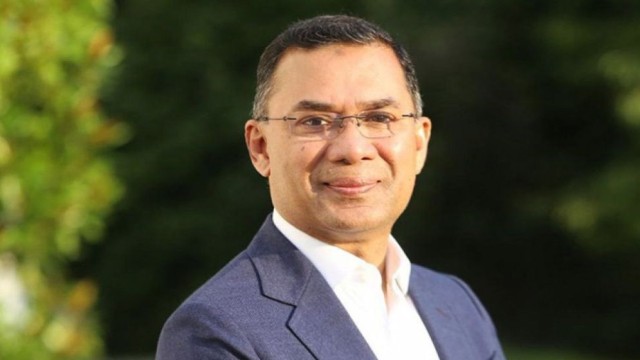








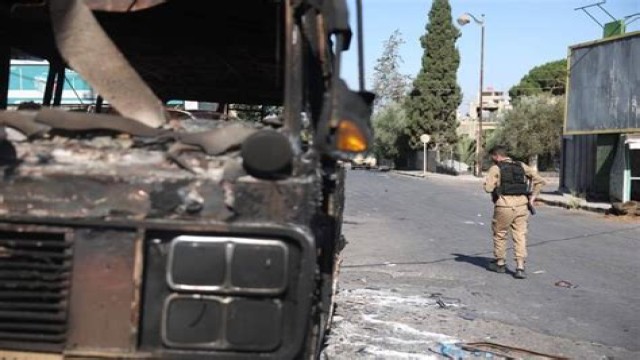


Comment: